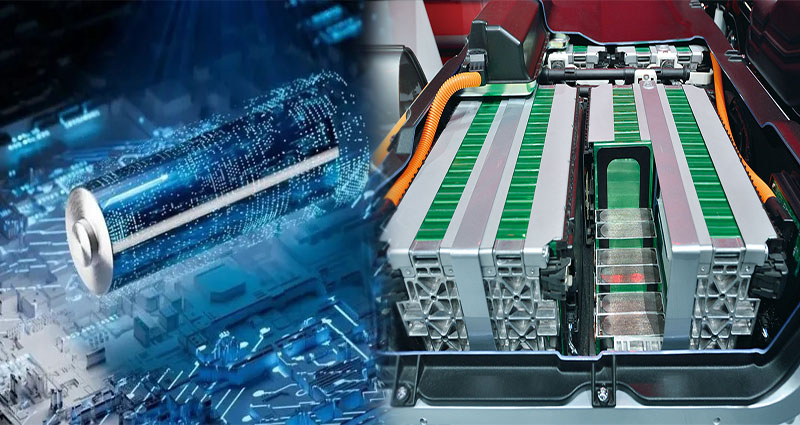As the world continues to grapple with the challenges posed by climate change, the need for sustainable transportation options has become more pressing than ever. Electric vehicles (EVs) have emerged as a promising solution, offering reduced emissions and a path towards a greener future. Central to the success of EVs is battery efficiency, with advancements in this field driving the widespread adoption of electric vehicles. In this article, we explore the innovative technologies and developments revolutionizing battery efficiency for electric vehicles.
The Importance of Battery Efficiency
The battery is the heart of an electric vehicle, dictating its range, performance, and overall attractiveness to consumers. Improving battery efficiency has a direct impact on extending the distance an EV can travel on a single charge and reducing the time required to recharge. Enhanced battery efficiency also contributes to the longevity and reliability of electric vehicle batteries, which in turn influences their resale value and cost-effectiveness for consumers.
Innovations Driving Battery Efficiency
- Solid-State Batteries: One of the most promising innovations in battery technology is the development of solid-state batteries. Unlike traditional lithium-ion batteries, which use liquid electrolytes, solid-state batteries utilize solid electrolytes. This improves safety, as the risk of leakage or combustion is significantly reduced. Solid-state batteries also have higher energy density, enabling longer driving ranges and faster charging.
- Silicon Anodes: Another area of innovation lies in the use of silicon anodes in Lithium-ion batteries. Silicon has the potential to store significantly more lithium ions than the commonly used graphite anodes. This means that the battery can store more energy, resulting in increased range and improved battery performance.
- Battery Management Systems (BMS): Intelligent and efficient battery management systems have become critical in optimizing battery performance. BMS technology can monitor the state of charge, temperature, and overall health of the battery. By managing these factors effectively, BMS enables better control over charging and discharging, ensuring optimal battery efficiency and prolonging its lifespan.
- Wireless Charging: The advent of wireless charging technology presents another significant advancement in battery efficiency for electric vehicles. Wireless charging eliminates the need for physical cables, making the charging process more convenient and streamlined. With wireless charging pads embedded in parking spaces or integrated into road infrastructure, electric vehicles can charge seamlessly, reducing downtime and increasing overall efficiency.
Future Implications
As these innovations continue to evolve and mature, the implications for the electric vehicle market and wider adoption are significant. Improved battery efficiency addresses common concerns such as range anxiety and charging times, making electric vehicles more practical and appealing to a wider audience. This, in turn, accelerates the transition towards greener and more sustainable transportation.
Beyond electric vehicles, battery efficiency innovations also have far-reaching benefits across other industries. They are crucial for the integration of renewable energy sources and the stabilization of power grids. Additionally, advancements in battery technology will drive the development and expansion of other battery-powered devices, such as smartphones, laptops, and portable electronics.
The relentless pursuit of battery efficiency in electric vehicles is propelling us towards a future where sustainable transportation is the norm. Innovations like solid-state batteries, silicon anodes, advanced battery management systems, and wireless charging are pushing the boundaries of what electric vehicles can achieve. As these technologies continue to mature and improve, we can expect greater driving ranges, faster charging times, and increased durability in electric vehicles. The future is bright for electric mobility, and battery efficiency is at the core of this revolutionary transformation.





